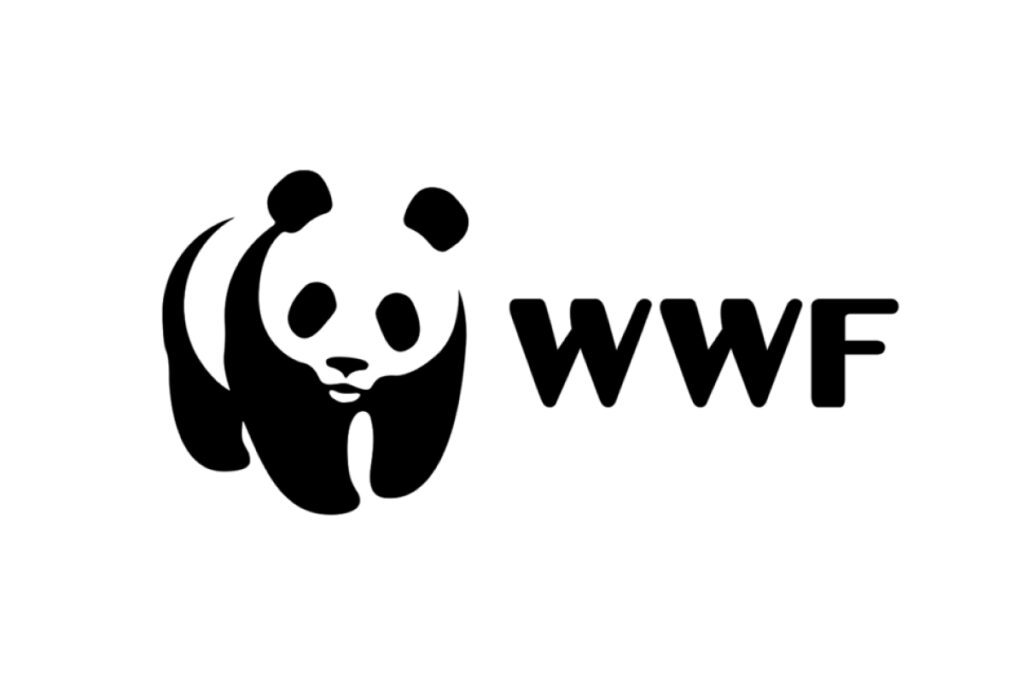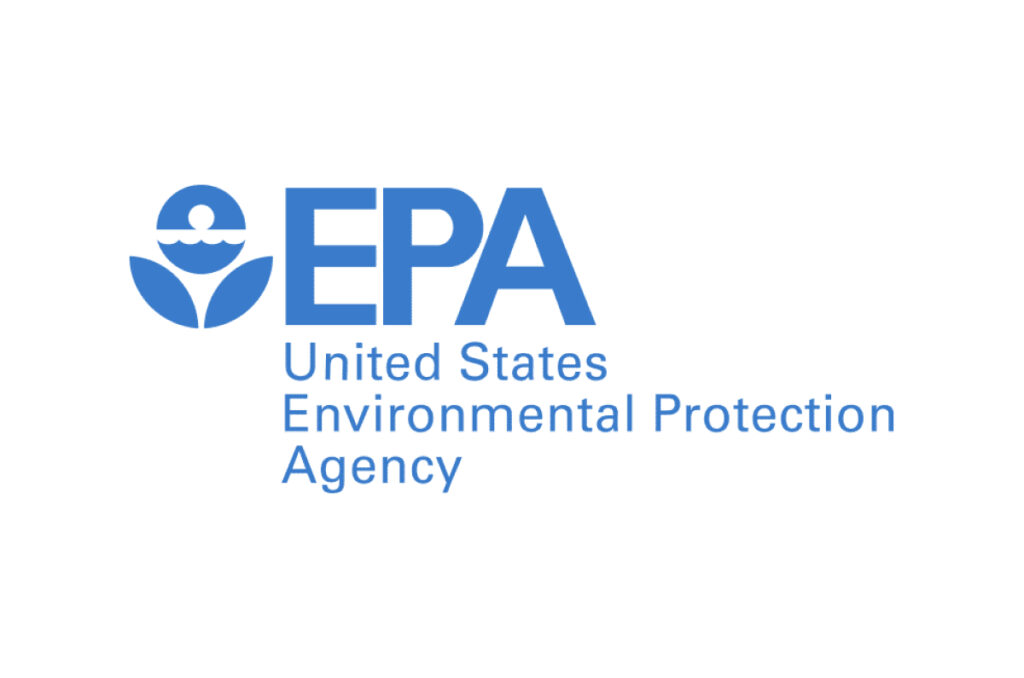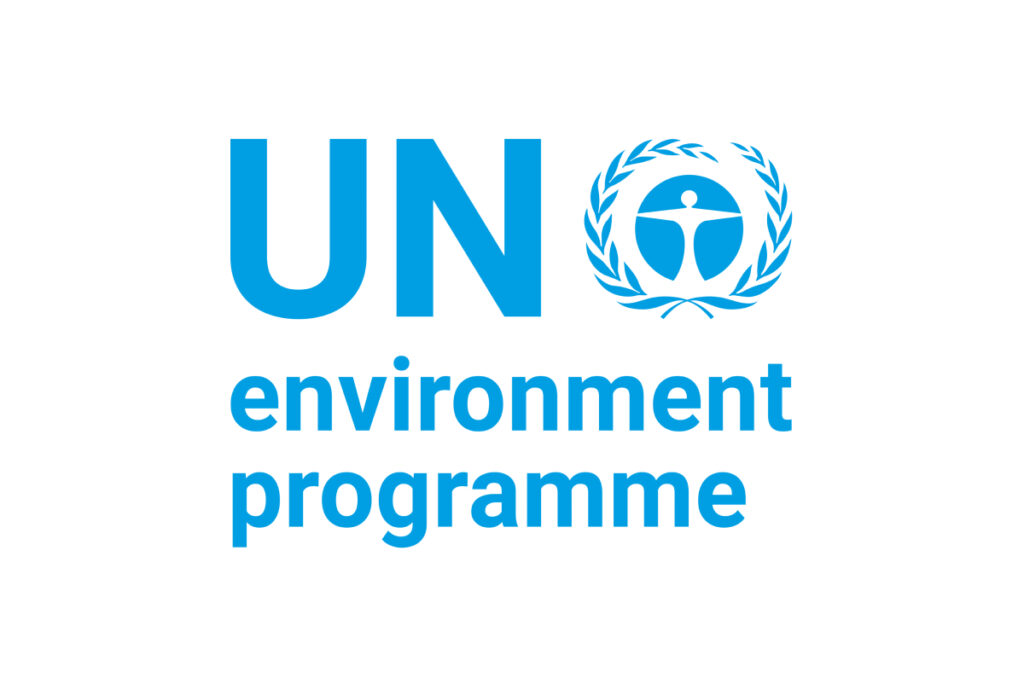As we become more aware of the negative impact our behavior has on the planet, we strive to educate ourselves, improve our lifestyles and reduce our impact on the environment. Therefore, many actively seek information on ways to consume more consciously, minimize waste and choose environmentally friendly products. Here are some resources that focus on sustainability and inspire you to live an eco-friendly lifestyle.
Media Sources for New Readers
Media sources make the complex topic of sustainability accessible and engaging to a wide audience by using simple language, visual elements, a variety of content formats and real stories. They provide credible information on sustainability, as well as interactive opportunities for discussion and participation, which help people stay informed and actively involved in environmental issues.
BBC Environment
Description: This is the section of the BBC news website dedicated to environmental and sustainability issues. It covers various topics including climate change, biodiversity, pollution, energy and sustainable development.
Suitable for: New readers looking for clear and understandable information, news, analysis, videos, expert interviews and multimedia materials.

The Guardian Environment
Description: The Guardian is highly focused on environmental and sustainable development matters. It addresses subjects like climate change, biodiversity, pollution, energy, and sustainable practices. This section includes articles, reports, videos, expert interviews, and multimedia content that simplify and clarify complex environmental topics. Readers can comment on articles, engage in discussions, and stay updated through social media.
Suitable for: Individuals seeking detailed, evidence-based information about sustainable development and environmental protection.

Science Daily
Description: It is an online platform dedicated to reporting on science, technology, medicine, and environmental issues. Within its eco-friendly section, the website features articles and press releases that explore themes such as climate change, biodiversity, pollution, and advancements in renewable energy. This section presents scientific insights, visual content, interviews, and expert perspectives grounded in verified data and cutting-edge research.
Suitable for: Beginners interested in environmental science and who want quick updates on research.

Non-Governmental Organizations (NGOs) and Think Tanks
These organizations have a significant impact on molding public perspectives, influencing political proceedings, and fostering the sustainable advancement of contemporary society. They tackle a range of social and environmental concerns, with a particular emphasis on environmental issues, human rights, and social equity. By offering research-driven data, trend assessments, and public surveys, they furnish society with reliable insights to support well-informed decision-making.
World Wildlife Fund (WWF)
Description: One of the foremost global entities committed to safeguarding nature and biodiversity. WWF’s primary objective is to uphold ecosystems worldwide, safeguard wildlife, and promote the sustainable utilization of natural resources. Collaborating with governments and businesses alike, the organization vigorously advocates environmental awareness, educating communities on the critical significance of preserving nature and biodiversity.
Suitable for: Activists who support initiatives to address climate change and protect nature and biodiversity.

Greenpeace
Description: It is dedicated to safeguarding the environment and addressing global environmental challenges. The organization takes proactive measures and initiates campaigns to thwart ocean pollution, halt poaching activities, and preserve fragile ecosystems. Greenpeace advocates for the adoption of renewable energy sources like solar and wind power, and champions advancements in technology to support sustainable practices.
Suitable for: Passionate people working together for a safer, greener world.

The Sierra Club
Description: This organization stands as one of the United States’ most enduring and expansive environmental groups. Its primary mission centers on safeguarding distinctive natural areas, championing clean air and water initiatives, preserving wildlife and biodiversity, and promoting the responsible utilization of natural resources. Additionally, the organization advocates for a shift towards clean energy, the reduction of greenhouse gas emissions, and the endorsement of climate accords.
Suitable for: Individuals interested in clean energy solutions and conservation policy.

Governmental and Intergovernmental Organizations
This type of organization plays a key role in international relations, managing global issues and promoting sustainable development. Their main task is to coordinate actions between countries, develop and implement international norms and standards, and provide support in solving economic, social and environmental issues.
NASA Earth Science Division
Description: ESD studies Earth from space to better understand climate change, atmospheric processes, oceans, ice sheets and ecosystems. Primary tasks include climate monitoring, studying the atmosphere, oceans and glaciers, and developing and launching satellites to collect data. NASA research results help improve weather forecasting, disaster warning, climate change mitigation, and natural resource management.
Suitable for: Individuals who value scientific research and studies on space-related environmental issues.

NOAA
Description: The American science agency monitors and studies the oceans, atmosphere and climate. NOAA predicts weather changes, provides disaster warnings, and studies atmospheric processes. Using cutting-edge technology, the agency supports environmental policy and resource management, ensuring the safety of marine shipping and fisheries, and increasing public awareness of climate and environmental issues.
Suitable for: For those who want to understand and prepare for climate variability, and learn about climate risks, vulnerability and resilience.

Environmental Protection Agency (EPA)
Description: The EPA is committed to protecting human health and the environment and climate. It develops and enforces standards to control pollutant emissions to ensure clean air and water. In addition, the organization regulates and reduces risks associated with hazardous chemicals and waste. EPA partners with federal and local governments, the private sector, and community organizations to implement its programs and promote sustainable development.
Suitable for: Individuals seeking information on regulations and policies concerning environmental protection.

United Nations Environment Programme (UNEP)
Description: It is an international organization that coordinates efforts to preserve the environment and promote sustainable development. Its main goal is to address global eco-friendly issues and promote practices that promote sustainability. The organization advocates for reducing the negative impact of climate change and improving adaptation methods, and also protects biodiversity and natural resources.
Suitable for: Those interested in solutions to humanity’s most pressing environmental problems.

Mass media and news resources provide quick and accessible interpretation of current events, discussions and expert opinions. They cover a variety of topics such as politics, economics, culture and social issues, offering a short-term perspective. Government agencies, in turn, provide accurate and authoritative information based on scientific data and research. Thus, such a variety of materials let everyone to choose the appropriate source depending on their needs.




